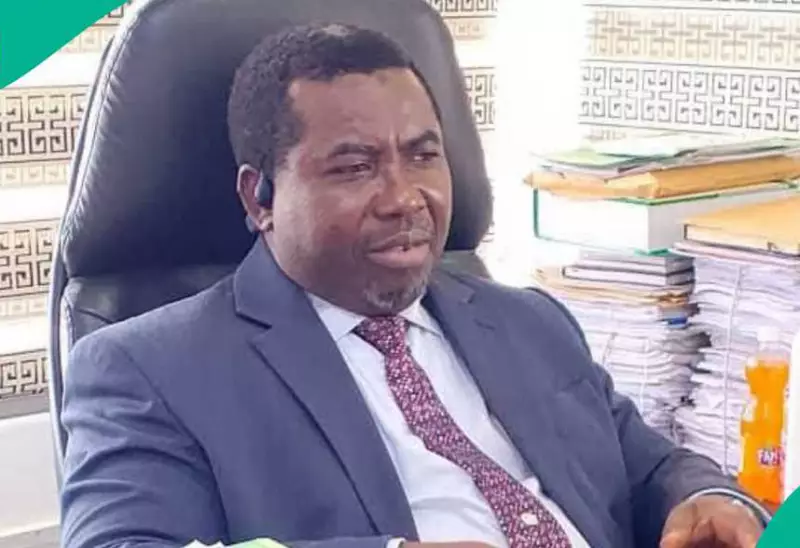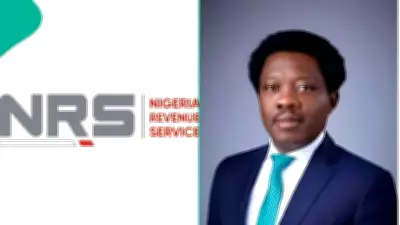
Political stakeholders in Anambra State are sounding the alarm as intelligence reports reveal elaborate vote-buying schemes being perfected ahead of the crucial 2025 governorship election. This comes amid growing concerns about whether financial inducements could actually break the state's entrenched culture of voter apathy.
The Sophistication of Modern Vote Trading
According to multiple sources within political circles, the methods being devised for the upcoming election represent a significant evolution from previous crude cash-for-votes operations. Political parties are reportedly developing more sophisticated approaches that include:
- Digital transfer systems to avoid physical cash transactions at polling units
- Pre-election "empowerment programs" disguised as humanitarian assistance
- Structured payment plans tied to voter verification apps
- Coordinated distribution through community leaders and influencers
Voter Apathy: Anambra's Persistent Challenge
Anambra has consistently recorded some of Nigeria's lowest voter turnout rates despite its politically active population. The 2021 governorship election saw only about 10% of registered voters participating, highlighting the depth of disengagement among the electorate.
Political analyst Dr. Ngozi Okeke explains: "The irony is stark - politicians are investing millions to buy votes from an electorate that largely doesn't show up. This suggests they believe money can solve a problem that fundamentally stems from broken trust in the political system."
Will Money Overcome Disillusionment?
The central question dominating political discourse in the state is whether financial inducements can successfully counter years of voter disillusionment. While some party strategists believe "stomach infrastructure" will bring voters out, others fear it might further alienate an already skeptical populace.
Community leader Chief Emeka Nwabueze notes: "Our people are tired of transactional politics. They take the money but still don't trust the process. This creates a dangerous cycle where politicians see no need to deliver real development."
INEC's Preparedness and Challenges
The Independent National Electoral Commission has promised enhanced monitoring and technology to combat vote trading. However, officials acknowledge the difficulty of proving financial inducements that occur days or weeks before election day.
An INEC spokesperson stated: "We're implementing stricter protocols and working with anti-corruption agencies, but the creativity of these schemes constantly challenges our enforcement capabilities."
The Future of Anambra's Political Culture
As the 2025 election approaches, the battle between vote-buying sophistication and voter apathy will test the foundations of Anambra's democracy. The outcome could set a precedent for whether financial power can truly override deep-seated political disillusionment or if it will ultimately reinforce the very apathy politicians seek to overcome.
What remains clear is that the solution to voter apathy requires more than monetary incentives - it demands restored faith in governance, tangible development, and political accountability that extends beyond election cycles.





